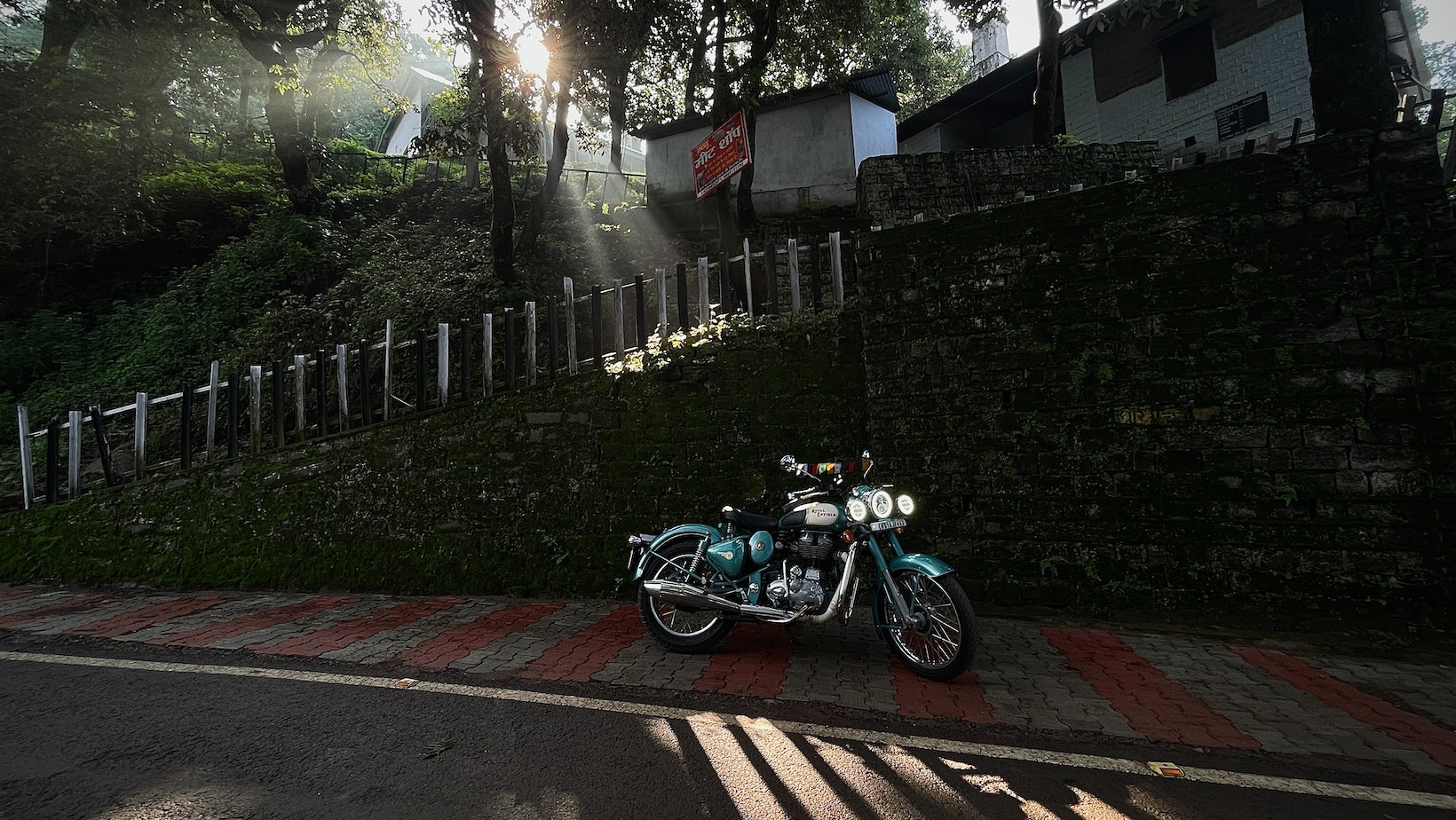Wondering how long it takes to charge a motorcycle battery? Well, the charging time can vary depending on a few factors. Firstly, the capacity of the battery plays a significant role. Larger batteries will generally take longer to charge compared to smaller ones. Additionally, the type of charger being used can impact the charging speed.
How Long Does It Take For A Motorcycle Battery To Charge
On average, it typically takes around 4-6 hours to fully charge a motorcycle battery using a standard charger. However, keep in mind that this is just an estimate and charging times may differ based on various circumstances. It’s always best to refer to your specific motorcycle model’s manual for accurate information regarding charging times.
Furthermore, it’s worth noting that if you’re using a trickle charger or tender, which is designed for long-term maintenance rather than quick charging, it may take longer – potentially up to 12 hours or more – to reach full charge.

Factors Affecting Motorcycle Battery Charging Time
The charging time of a motorcycle battery can vary depending on several factors. One crucial factor is the battery capacity. Batteries with higher capacities will generally take longer to charge compared to those with lower capacities. This is because larger batteries require more energy to reach their full charge.
For instance, if you have a motorcycle battery with a capacity of 10 ampere-hours (Ah), it may take around 5-6 hours to fully charge it using a standard charger. However, a battery with a larger capacity, such as 20 Ah, may require double the time or even more.
Charging Method
Another significant factor that affects charging time is the method used for charging the motorcycle battery. There are two primary methods: slow charging and fast charging.
Slow charging, also known as trickle charging, involves using a low amperage charger over an extended period. While this method takes longer, it ensures that the battery is charged safely and prevents overcharging.
Fast charging, on the other hand, uses higher amperage chargers that deliver more power in a shorter amount of time. While this method can significantly reduce charging time, it requires caution as it may generate excess heat and potentially damage the battery if not done correctly.
It’s important to note that some modern motorcycles come equipped with advanced chargers that utilize intelligent algorithms to optimize both speed and safety during the charging process. These chargers monitor various parameters like voltage levels and adjust the current accordingly to ensure efficient and safe charging.
Age of the Battery
Lastly, another factor influencing motorcycle battery charging time is its age. Over time, batteries naturally lose their ability to hold a charge efficiently due to chemical degradation and internal resistance buildup. As a result, older batteries tend to charge slower than newer ones.
If you have an older motorcycle battery that has been in use for several years, expect longer charging times compared to a newer battery with the same capacity. In some cases, an old battery may even struggle to reach its full charge despite being connected to a charger for an extended period.
To summarize, the factors affecting motorcycle battery charging time include battery capacity, charging method, and the age of the battery. Understanding these factors can help you plan and manage your charging process effectively, ensuring that your motorcycle’s battery remains in optimal condition and ready for your next ride.
